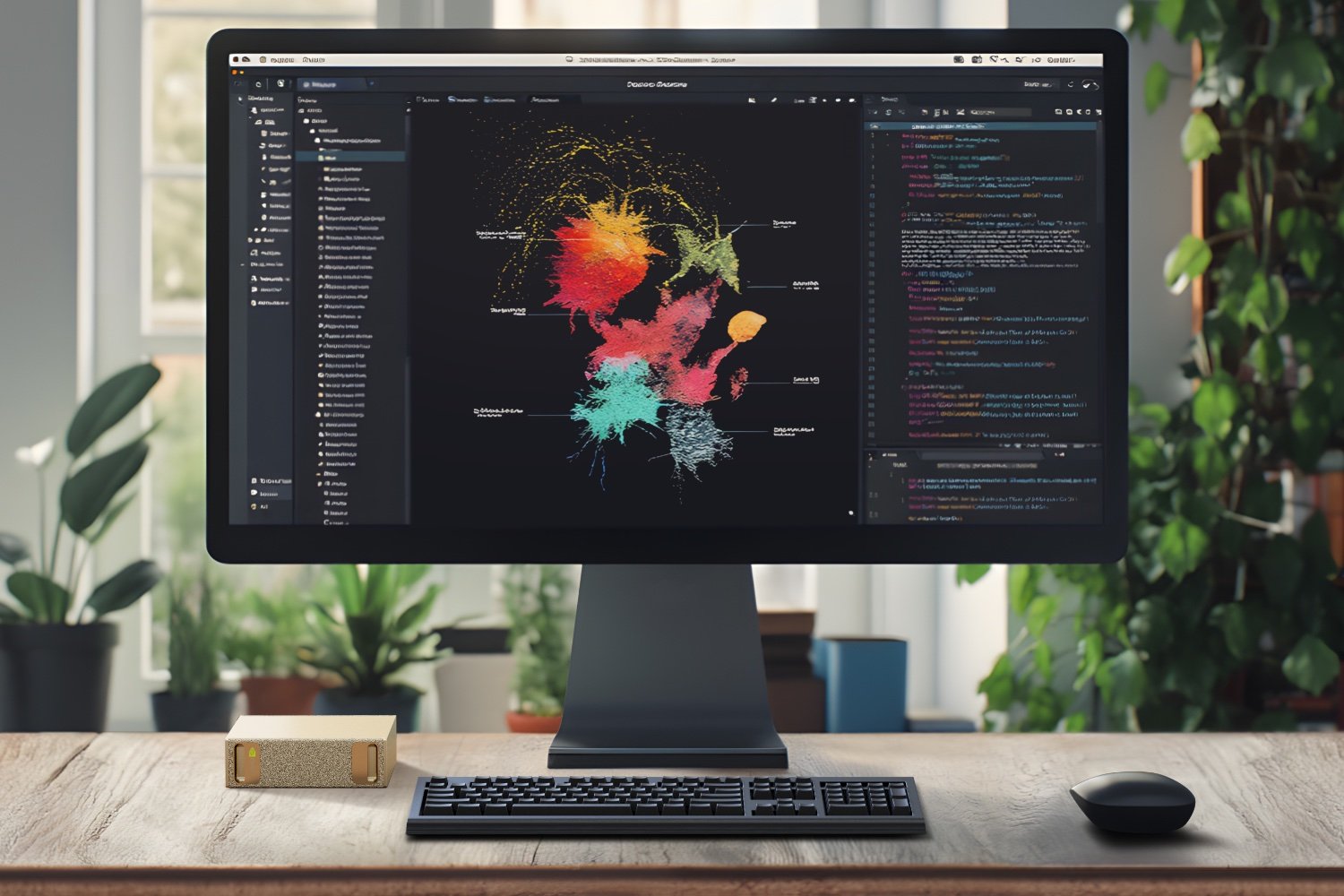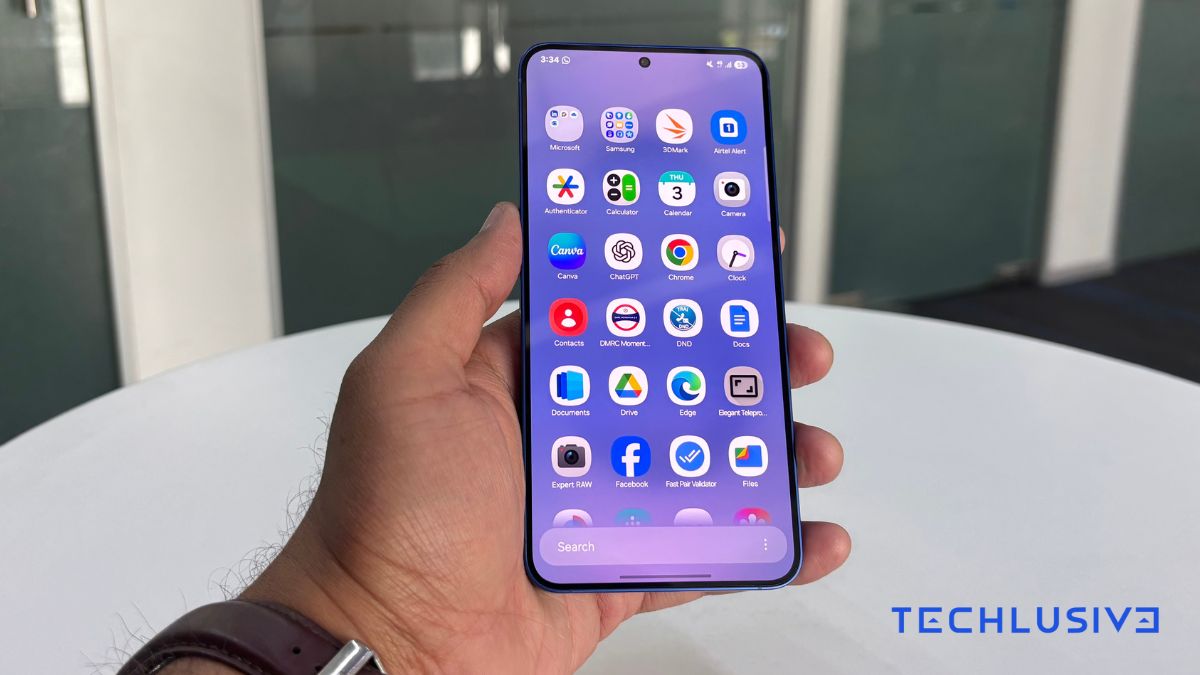Taking advantage of the CES soundboard, Nvidia presented Project Digits, a personal supercomputer dedicated to artificial intelligence. If you think AI is just for labs or big companies, this product could be a game changer. With its compact format, similar to a Mac mini, it fits on a desk, plugs into a standard outlet and offers quite impressive power.
Specs tailored for AI
At the heart of this tiny computer is the GB10 Grace Blackwell superprocessor. This cutting-edge component allows Project Digits to manage AI models containing up to 200 billion parameters. To give you an idea, this represents a scale of complexity comparable to some of the models used by tech giants, such as those of Meta. If you want even more, two Project Digits units can be connected to reach 405 billion parameters.
With a starting Price of $3,000, Nvidia aims to make this type of technology accessible not only to researchers, but also to students and independent developers. “ Our goal is to put a supercomputer on every desk », explains Jensen Huang, CEO of Nvidia.
On the technical side, Project Digits does not do things by half measures. Each unit has 128 GB of unified memory and up to 4 TB of NVMe storage, far from the capabilities of a traditional computer. Its GB10 processor can perform a quadrillion calculations per second (yes, you read that right), all powered by technologies like the latest generation Tensor cores and the NVLink-C2C interconnect, developed with the help of MediaTek. This collaboration makes it possible to offer peak performance while maintaining low energy consumption.
For developers, Nvidia has thought of everything. The system runs under Linux with the Nvidia DGX OS and is compatible with popular tools like PyTorch, Python or Jupyter Notebooks. As an added bonus, an extensive library of software, pre-trained models, and development tools is accessible through the Nvidia NGC platform. Whether in testing or ready to deploy models in the cloud, Project Digits provides continuity with its Grace Blackwell architecture, also used in Nvidia’s data centers and cloud solutions.
With Project Digits, Nvidia seeks to meet a growing demand for powerful tools to develop and experiment locally, without relying entirely on the cloud. This device should appeal to AI students, startups looking for affordable solutions, and even enthusiasts. Project Digits will be available from May, and despite a high price, it’s a safe bet that it will quickly find its place on desks around the world.
🟣 To not miss any news on the WorldOfSoftware, , .












